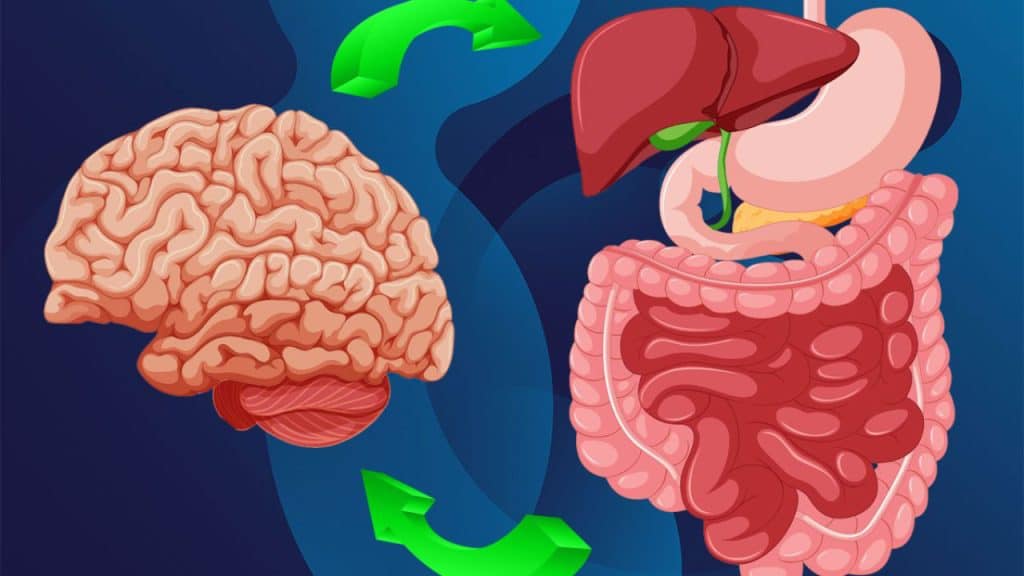Fermentation as a way of preparing food goes back thousands of years. Bread, beer, vinegar, cheese… it’s responsible for lots of dietary staples. There are many advantages to fermentation, from improving shelf life to boosting flavor. It also has potential health benefits.
What does this have to do with AI, I hear you ask? Well, just look at the new partnership between two health and longevity companies (https://longevity.technology/news/cidrani-and-deep-longevity-collaborate-to-build-personalized-care-tools-for-longevity/).
To ferment food, microorganisms like bacteria or yeast are used to convert carbohydrates, such as sugar or starch, into alcohol, acids and/or carbon dioxide. Food that has been fermented generally keeps longer but has a shorter cooking time, making it a practical way to deepen flavor, texture and aroma. Fermentation can also be used to boost nutrient content, particularly vitamins, essential amino acids and proteins while helping get rid of so-called “antinutrients” that block nutrient absorption.
Scientists have done a lot of research into how fermentation might improve health, such as the boost it gives to our gut microbiome, which in turn improves our immune response to tackle inflammation. A company called Anti Biome has used this research for what it calls its “Metabolites-as-Medicine” approach, creating fermentation metabolites that can be delivered through micro-drink supplements known as AgeBiotics.
AgeBiotics may be able to improve metabolic and psychological health, reducing or mitigating some of the side effects of aging. First, though, we need to know when and how much. What is the best dosage, taking into account that everyone has their own distinct biology?
That’s where a company called Deep Longevity steps up to the plate. It developed its own aging clock that uses AI to analyze a regular blood test for the markers of biological age. Distinct from age in years, biological age can act as a warning if parts of your body are deteriorating at an accelerated rate.
Deep Longevity also has a specially formulated questionnaire that can be used to calculate psychological age, or what’s going on with you mentally and emotionally. Your psychological age has a big impact on your productivity and motivation. Both biological and psychological age have implications for longevity.
Now the Deep Longevity AI and aging clocks are being used to ensure each user can have a customized plan, updated every month, to deliver the best possible program of AgeBiotics for their biological and psychological age and health.




